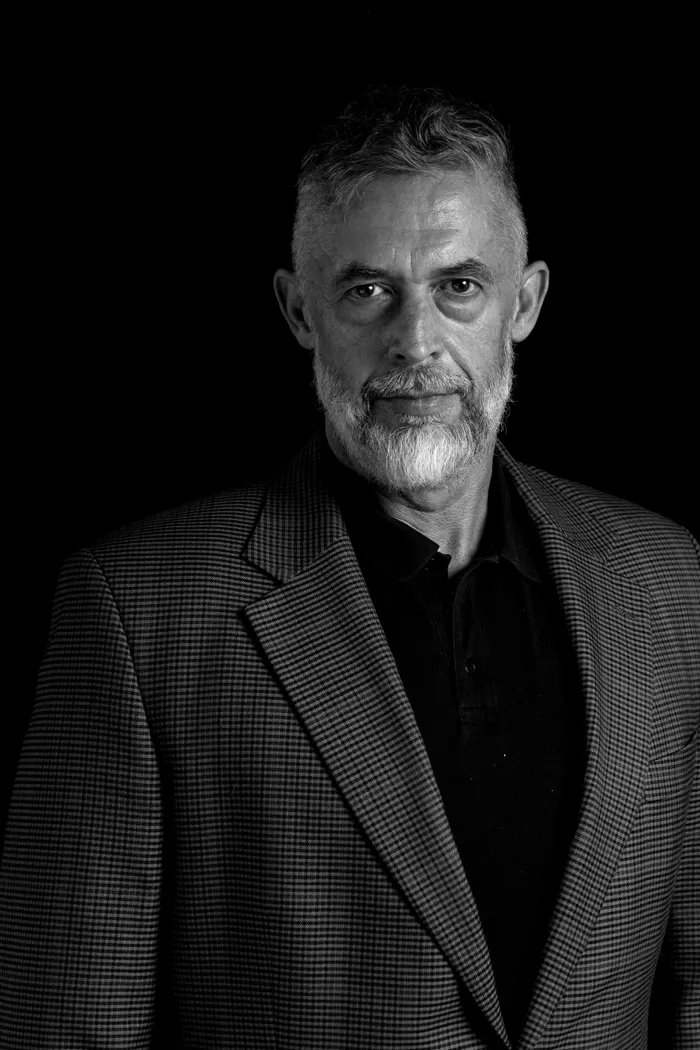
Advocate Justin Erasmus CEO of of the Personal Injury Plaintiff Lawyers Association.
Image: Supplied
THE Personal Injury Plaintiff Lawyers Association (PIPLA), representing about 400 personal injury lawyers, has turned to the Constitutional Court over the legality and constitutionality of the new practice directive mandating compulsory mediation in civil matters in the Gauteng Division.
PIPLA chairperson Advocate Justin Erasmus said while the directive may have been introduced to ease the mounting pressure on Gauteng’s civil trial roll, it does so at a cost too high for justice to bear.
The Johannesburg and Pretoria high courts no longer allocate trial dates for civil cases - cases where evidence is being led, such as damages claims.
Litigants, who in these cases want a judge to determine their issues, must first prove that they have tried to resolve their issues via mediation.
A trial date will be allocated only if mediation does not resolve the issues, and they can prove via a certificate that they did try it.
Gauteng Judge President Dunstan Mlambo issued the draft directive in March, calling for objections from the public, lawyers, and interested parties. It recently came into force despite threats to challenge the move in court.
Judge Mlambo also commented in his directive that the bulk of these cases are, in any event, settled on the day of the trial. Thus, the mediation route is the practical solution so that judges can be freed to adjudicate over other matters.
The Office of the Chief Justice explained that there were no alternatives as the Gauteng Divisions simply cannot cope with the heavy workload.
In their application for direct urgent access to the Constitutional Court, PIPLA noted that they took part in the consultative process with Judge Mlambo by submitting commentary on the Proposed Practice Directive and Proposed Protocol. They have maintained that the Practice Directive is “unconstitutional, ultra vires and unworkable”.
“This directive places an intolerable burden on litigants - many of whom are road accident victims - by making their right to a trial dependent on taking part in a mediation process that is expensive and often hard to access. In doing so, this infringes on their fundamental constitutional rights, including the right of access to courts as outlined in Section 34 of the Constitution.”
They argue the volume of mediations will be unmanageable, and there is every reason to believe that the limited available mediation resources will not cope with the caseload.
“The directive claims… that 85% of matters settle on the morning of the trial. PIPLA does not have access to these statistics, but the experiences of its members paint a different picture. Only 7.8% of PIPLA’s members experience settlement of between 80 to 100% of their cases on the day of the trial. Significantly, 53.6% of the members' cases do not settle on the day of the trial,” court documents read.
PIPLA argues the directive goes against the Constitution, goes beyond the powers allowed by law, and won't work in practice.
PIPLA said it was particularly concerned that the directive disproportionately disadvantages indigent plaintiffs.
“The RAF has capped its mediation contribution at R15 000, yet typical mediation costs in complex personal injury cases can easily exceed R30 000. Plaintiffs, already financially vulnerable, are now forced to carry these costs upfront or risk losing their trial date,” Erasmus said.
PIPLA has called for the directive to be declared unconstitutional and set aside.
Cape Times